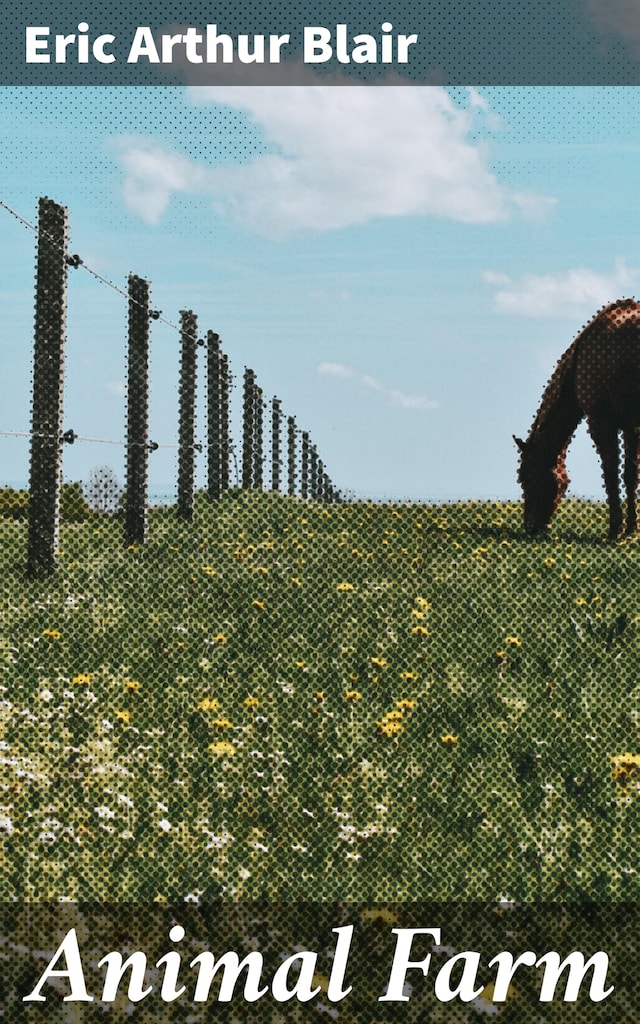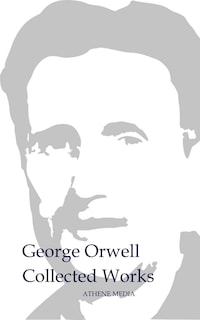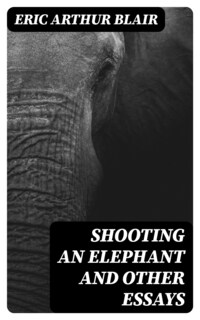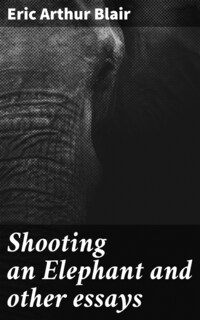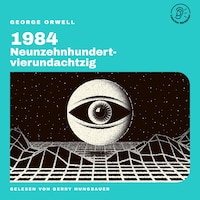Animal Farm
An Allegorical Critique of Power and Revolution in a Farm Setting
Om bogen
In "Animal Farm," Eric Arthur Blair, writing under the pen name George Orwell, masterfully employs allegory and satire to explore the complexities of power, corruption, and political betrayal. The novella, set against the backdrop of a farm overtaken by its animal residents, serves as a critique of the Russian Revolution and a broader commentary on the failures of totalitarian regimes. Orwell's prose is both succinct and incisive, utilizing vivid imagery and character-driven narratives to convey profound insights into human nature and societal dynamics'Äîa style that balances both accessibility and intellectual rigor. Orwell, a committed socialist with firsthand experience of political upheaval and totalitarianism, drew on his extensive knowledge of contemporary political movements to craft this cautionary tale. His disillusionment with the Soviet model, particularly the betrayal of revolutionary ideals, fueled his desire to highlight the ease with which noble intentions can devolve into oppressive governance. Through his exploration of the dynamics between power and morality, Orwell invites readers to reflect on the societal structures that dictate our lives. "Animal Farm" is a timeless work that resonates across generations, making it essential reading for anyone interested in political philosophy, ethics, and the mechanics of power. Its layered narrative and compelling characters not only entertain but also provoke critical thought about the very essence of authority and freedom in society.
 Eric Arthur Blair
Eric Arthur Blair 95 Sider
95 SiderBogen Animal Farm og over 1 million andre bøger
fra 9,99 kr./måned
Fyld dit liv med historier!
